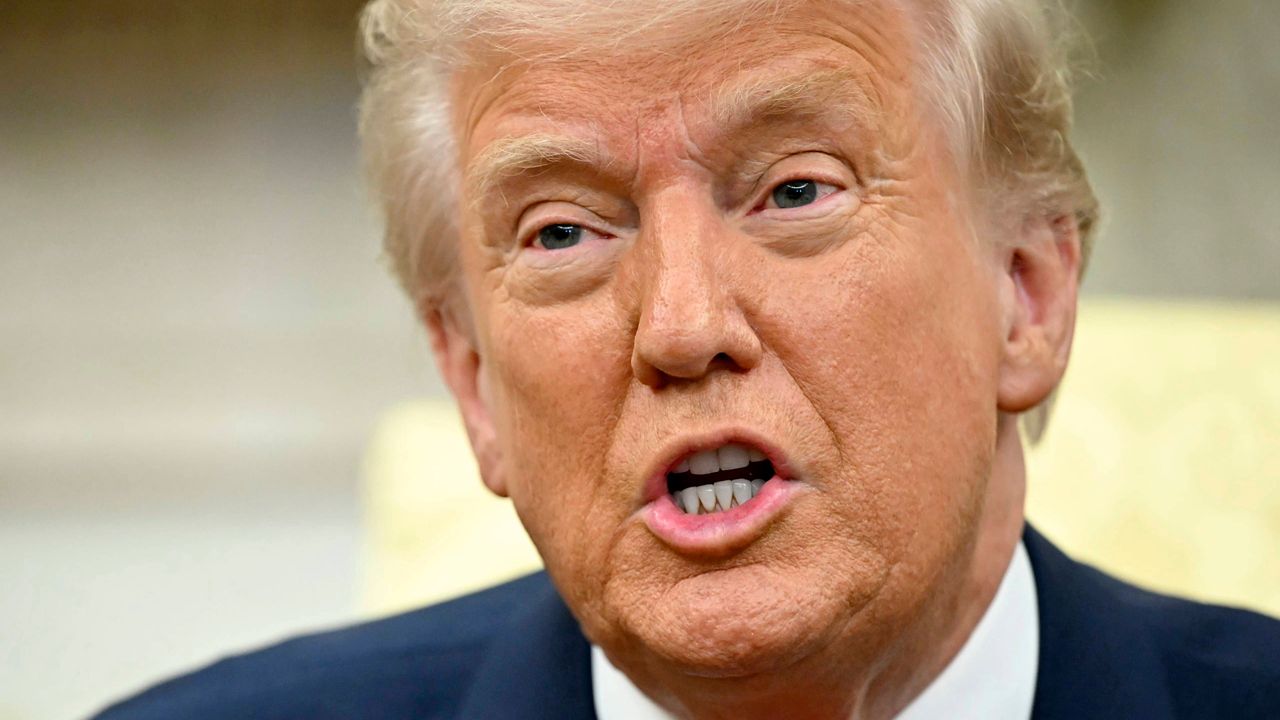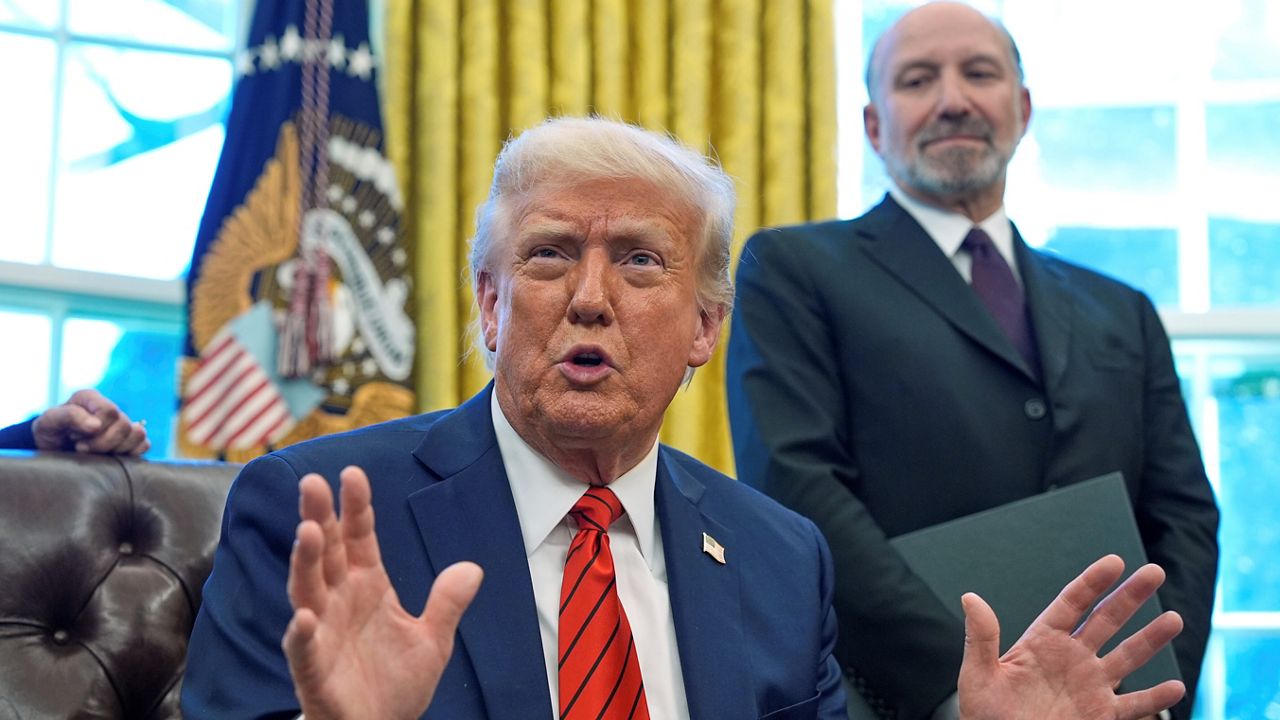President Joe Biden signed an executive order on Monday aimed at closing gaps and bolstering women's health research, in part by boosting funding opportunities, encouraging innovation and strengthening data collection
The executive action comes as part of the White House’s first Initiative on Women’s Health Research, a new effort announced by the administration late last year and led by First lady Jill Biden.
“I’m directing the most comprehensive set of executive action ever taken to improve women’s health – ever taken,” the president said at a reception at the White House that also marked Women’s History Month on Monday. “And I’m making sure that women’s health is integrated and prioritized across the entire federal government.”
As part of Monday’s actions, a range of federal agencies announced new steps to boost research. Starting in fiscal year 2025, $200 million at the National Institutes of Health will be dedicated to closing the gap in research on women’s health and expanding studies on the impact of perimenopause and menopause on heart health, brain health and bone health.
It follows a commitment of $100 million through the Advanced Research Projects Agency for Health, or ARPA-H, which supports innovative biomedical research, announced by the first lady last month.
During his State of the Union address earlier this month, the president called on Congress to approve $12 billion in new funding for the effort, which Deputy Assistant to the President on the Gender Policy Council Katie Keith said would serve as a central fund for women’s health research as well as help create a new nationwide network of centers of excellence in research and innovation focused on women’s health.
“This would be for really interdisciplinary research and thinking about things like, how does menopause affect your brain health?” Keith said in an interview with Spectrum News.
“We need a central fund to make sure we are doing that work all across the national institutes of health, not just one center or institute, but really everywhere,” Keith added.
The first lady at Monday’s White House East Room reception noted that even though women make up half the population, research on their health has been “underfunded and understudied.”
“Too many of our medications, treatments and medical school textbooks are based on men and their bodies,” she said. “But that ends today.”
A report by the World Economic Forum and the McKinsey Health Institute released in January found women spend 25% more of their lives in poor health despite living longer on average than men.
Keith noted it was not until 1993 that women were included in clinical trials after Congress passed a NIH Revitalization Act. She did emphasize, however, that “tremendous progress” has been made in a short time period.
“We simply don’t know enough about how to prevent, detect or treat conditions that affect women uniquely, disproportionately or differently,” the first lady said at Monday’s reception. “And that’s the result of a choice.”
Keith noted some examples of such conditions that impact women uniquely include endometriosis, fibroids and breast cancer. Women are disproportionately affected, she added, by Alzheimer’s disease and autoimmune conditions.
“Things like cardiovascular disease where women have symptoms of a heart attack that are completely different from men but because we have done so much research historically in men, not everyone is trained to see the symptoms in women,” Keith said.
The issue and Monday’s action may also play a role on the campaign trail as Biden seeks another four years in the Oval Office. Female voters in 2020 gave Biden 55% of their vote, according to AP VoteCast.
Since the Supreme Court overturned Roe v. Wade in June 2022, Democrats have sought to put the issue of abortion front and center. The issue has proven to be electorally fruitful for Democrats, who have credited the topic for the party have a better-than-expected showing in the 2022 midterms and notch key wins in the 2023 off-year elections.
“When reproductive freedom was on the ballot, the American people spoke in 2022,” Biden said before pointing to Vice President Kamala Harris and declaring that “with the leadership of this woman to my left here, they are going to speak out again in 2024.”
The Biden campaign’s first rally of the election year that featured both the president and vice president together was focused on restoring Roe v. Wade.
“One of three women of reproductive age live in a state with an abortion ban,” Harris – America’s first female vice president who recently became the first in the position to visit a facility that provides abortions, according to her office, said at Monday's reception.
“There is so much at stake in this moment and we each face a question: what kind of country do we want to live in?” Harris said continued. “Do we want to live in a country of liberty, freedom and rule of law? Or a country of disorder, fear and hate?”
Recently, a new front opened on the issue when the Alabama Supreme Court ruled that frozen embryos could be considered children, leading experts to warn of potential major implications for in vitro fertilization. In the wake of the ruling, Alabama’s state legislature passed a bill seeking to protect the treatment.








